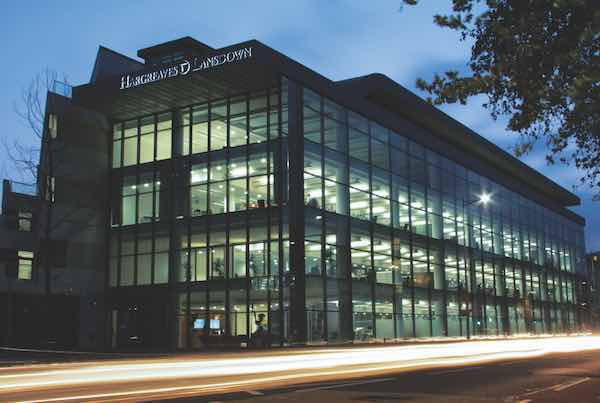
HMRC to appeal Hargreaves Lansdown loyalty bonus tax ruling

HMRC is to appeal the ‘discount tax’ ruling on loyalty bonuses won by Hargreaves Landsown which would see around £15m returned to 150,000 investors.
HL says it expects the appeal process to be completed in the first half of 2019. The first tier tax tribunal found in Hargreaves Lansdown’s favour but HMRC is now appealing the decision.
The discount tax relates to the ‘loyalty bonus’ provided by HL to clients. This is a discount provided against the ongoing management charges paid by investors. HL introduced the bonuses over 15 years ago and says hundreds and thousands of clients have enjoyed “significant savings” since then.
Chris Hill, chief executive of Hargreaves Lansdown, said: “Following the decision by the first tier tax tribunal in our favour, we see no reason why we would not be successful at appeal. The process is likely to complete in the first half of 2019 and a successful outcome will see millions returns to clients, as well as a simplification of their tax affairs.’
The ‘discount tax’ has always been an unnecessary and unwarranted attack on private investors.”
The company says that when it introduced loyalty bonuses it consulted HMRC on their tax position and said it was clear at the time, as a refund of charges, they would not be subject to taxation.
However, in March 2013, HMRC decided that rebates of annual charges (such as loyalty bonuses) paid on funds held outside ISAs or SIPPs should be taxed as income and paid net of basic rate tax.
HL says it thought this was an “unwarranted attack” on private investors and challenged HMRC on behalf their investors, taking its case to the tax tribunal. Recently the first tier tax tribunal ruled that loyalty bonuses were not taxable.
The ruling, hailed as a victory by HL, would not only see money returned to investors, but also no need to declare these discounts on tax returns, simplifying investors’ tax affairs, says the Bristol-based investment provider.
HMRC is appealing this ruling, so the “Champagne is on ice” until any appeal is concluded, says HL. Until that stage, the money withheld could still potentially be tax and owed to HMRC, so the firm is waiting for a successful conclusion before arranging to return monies to clients.
It will write to clients affected.
HL has continued to pay loyalty bonuses to clients. However, since 6 April 2013, these bonuses have been paid after deducting a 20% provision for the “discount tax” being equivalent to the basic rate of income tax. This money is in part being held by HMRC and part by HL.
HL did this, it says, to avoid creating large and unexpected tax bills for clients if the legal challenge proved unsuccessful.
Investors were advised to include loyalty bonuses as income on their tax returns. Basic rate taxpayers suffer no further tax charge, higher and additional rate taxpayers could be liable to either an extra 20% or 25% tax.
